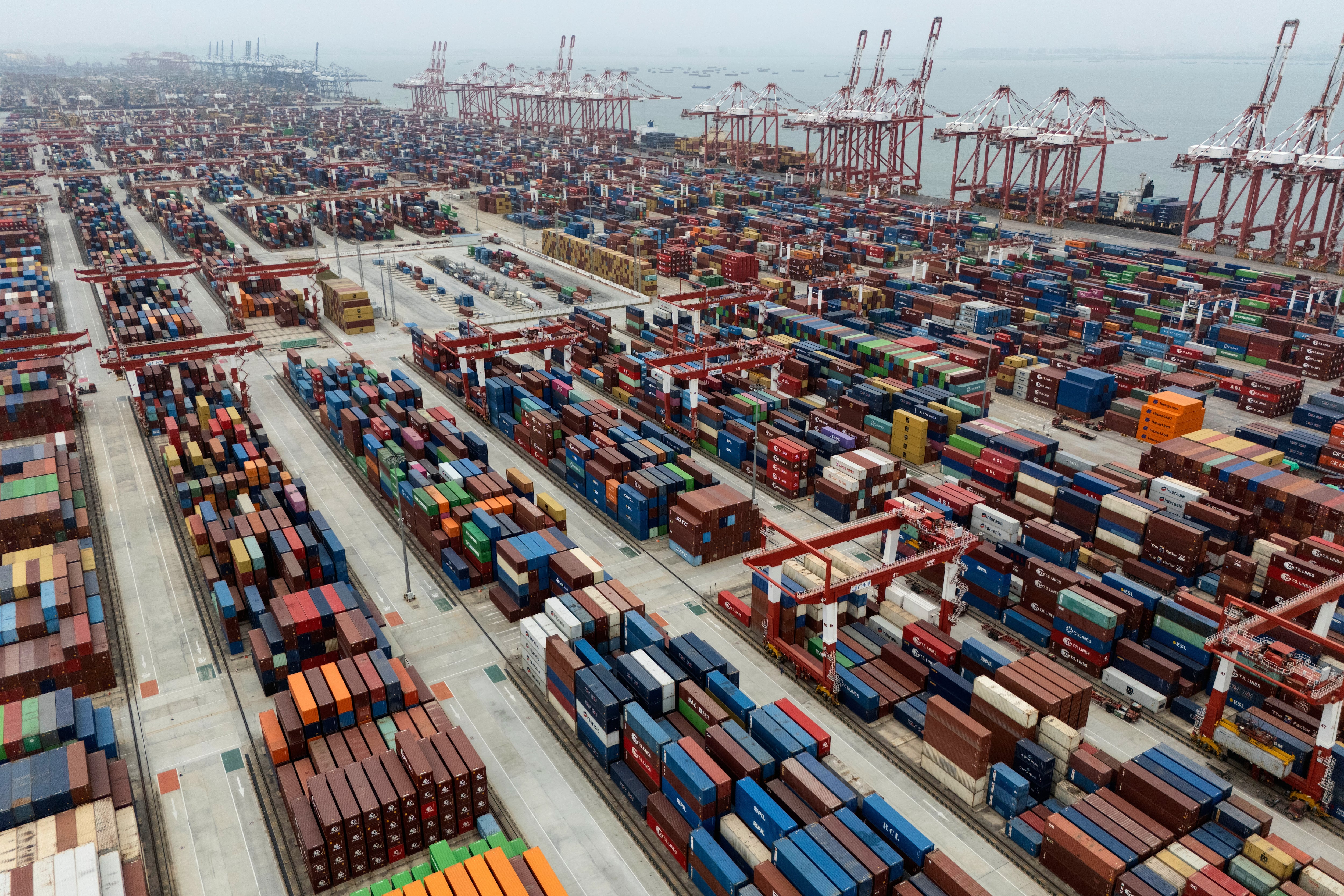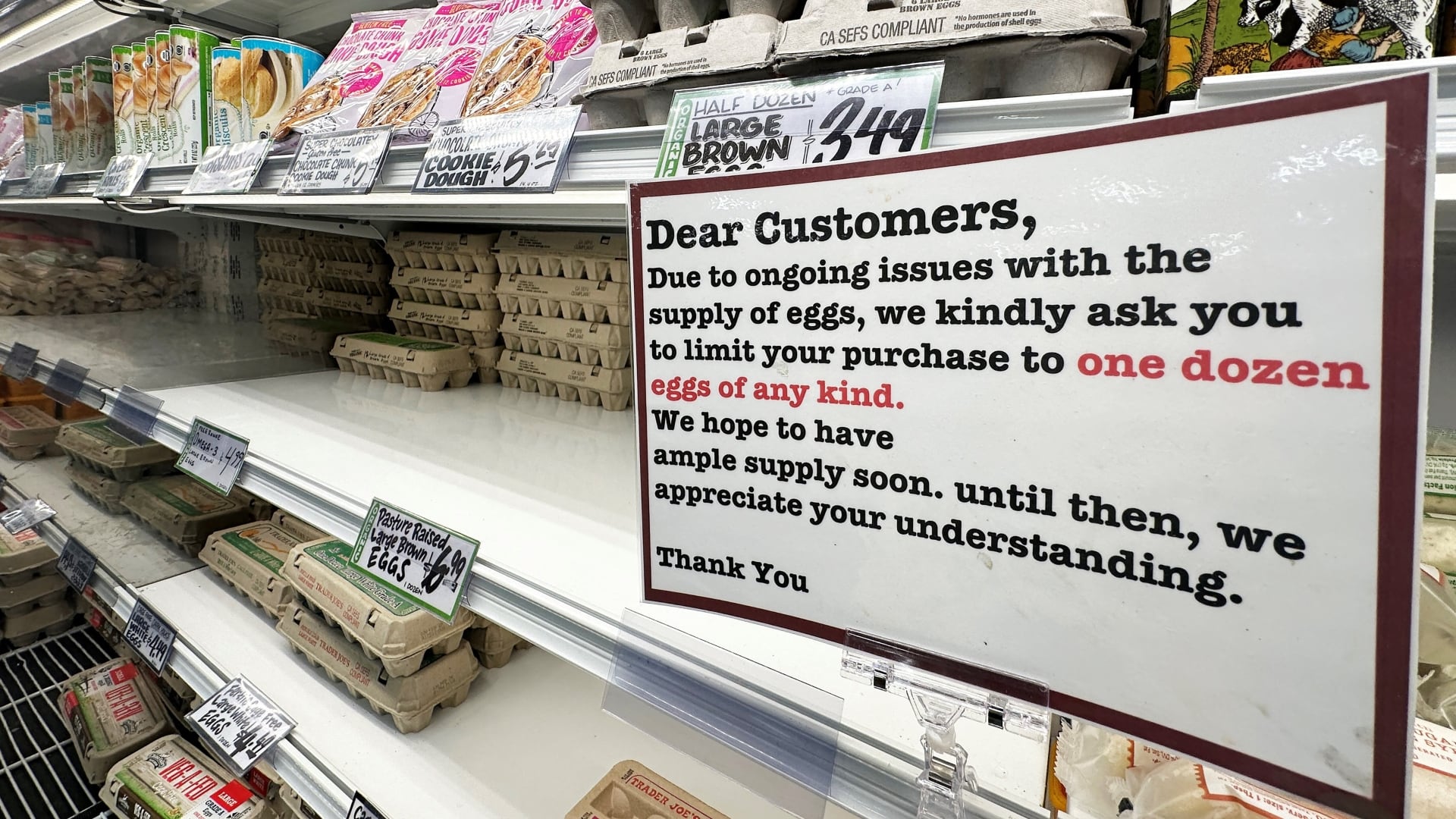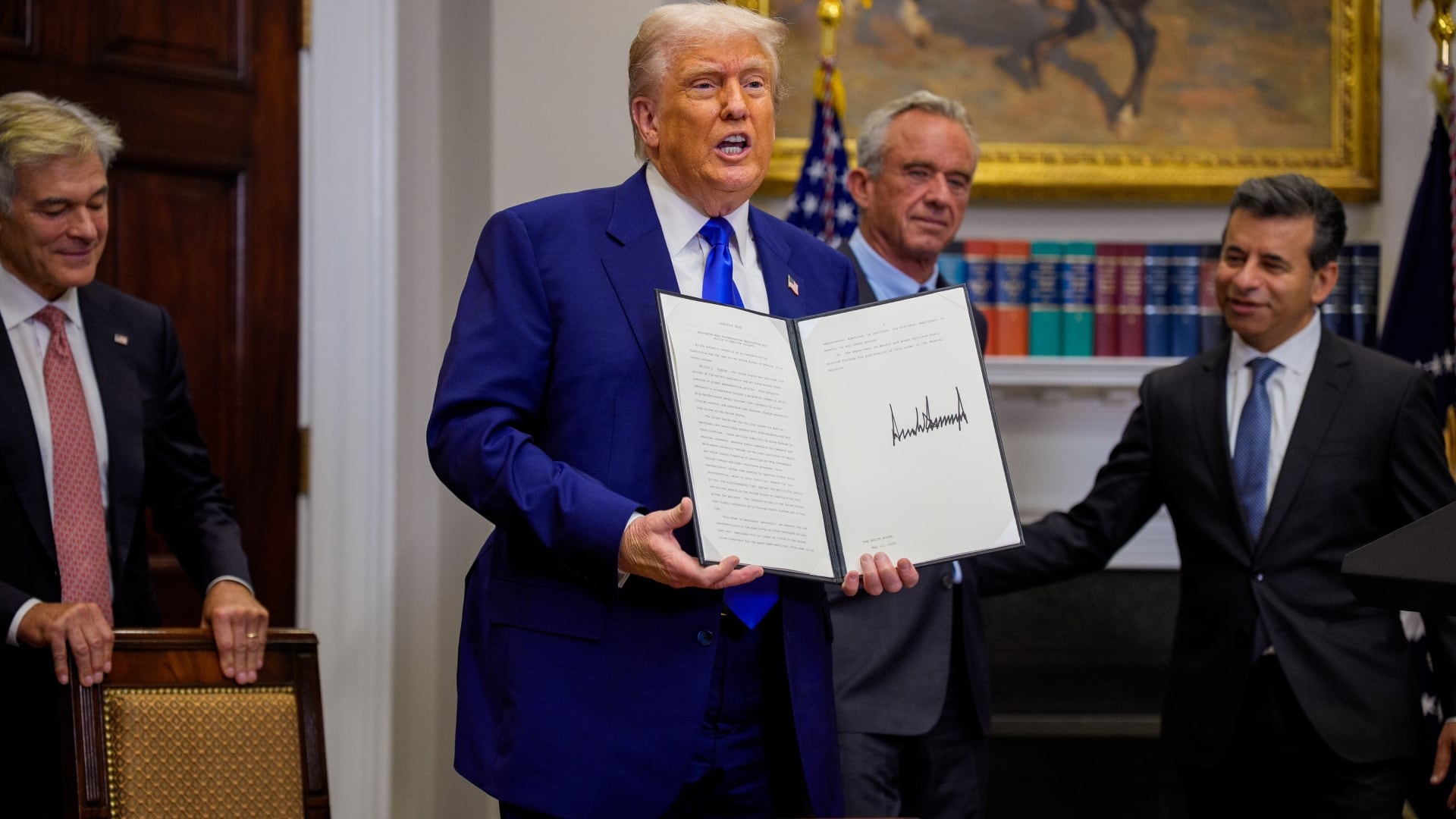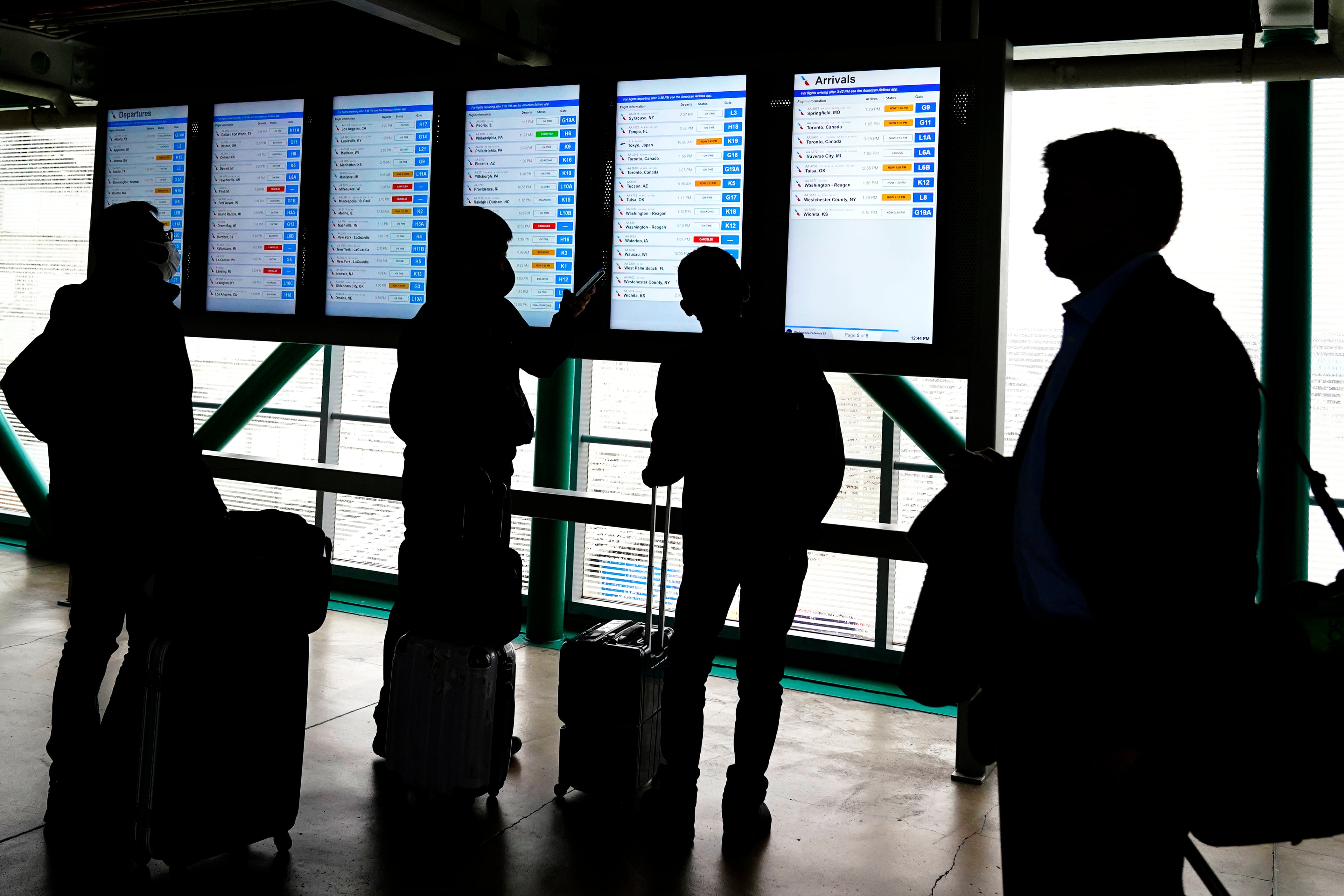*By Jacqueline Corba* Start-up Spin inked the first permit to operate a dockless scooter program in the state of Florida and will introduce its fleet to the [city of Coral Gables in the coming weeks.](https://blog.spin.pm/spin-approved-for-floridas-first-dockless-scooter-program-15f7db52ae38) Head of Public Policy Brian No announced plans for the exclusive pilot program first on Cheddar Monday, saying the start-up approached Coral Gables with the plan before launching. "It is a big milestone for us," said No, who worked as a staff member on Capitol Hill before joining Spin. "We can work with cities, get permission, and operate in the right way. That's exactly what we did with the city of Coral Gables." This pilot program arrives just one month after e-scooters, which took to the streets [without permits](https://www.washingtonpost.com/news/innovations/wp/2018/06/22/electric-scooter-companies-conquer-with-a-simple-strategy-act-first-answer-questions-later/?utm_term=.ce86d772a625), [were wiped off the streets of Miami.](https://www.miamiherald.com/news/business/technology/article213523839.html) City attorneys issued cease-and-desist letters to both Bird and Lime, arguing the modes of transportation violated state law. But despite the ban, the popularity of scooters continues to rise. Lime told the *Miami Herald* that in the three months since settling in the city, more than 10,000 residents made nearly 30,000 scooter trips. Spin, which trails behind both Bird and Lime in venture capital funding, says it's planning a different method to tackle the emerging industry. "They want to do it on their own terms, they don't want companies to show up without any notice or any permission and just road launch," No said. "Most people are very skeptical, especially after the early Uber days. No city wants a repeat of that." "Actually doing the hard work of working with the city, from a partnership approach, can yield results." For the full segment, [click here.](https://cheddar.com/videos/spin-launching-dockless-scooter-pilot-program-in-coral-gables-fl)








